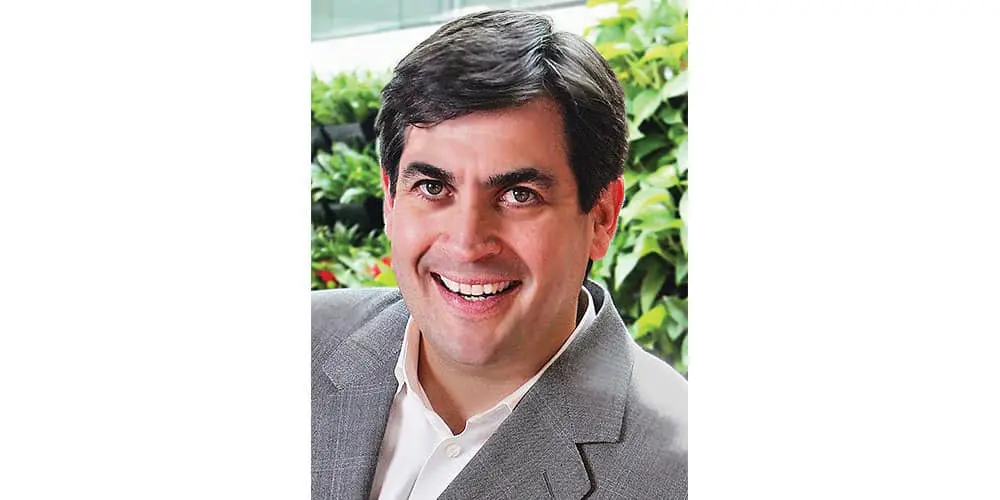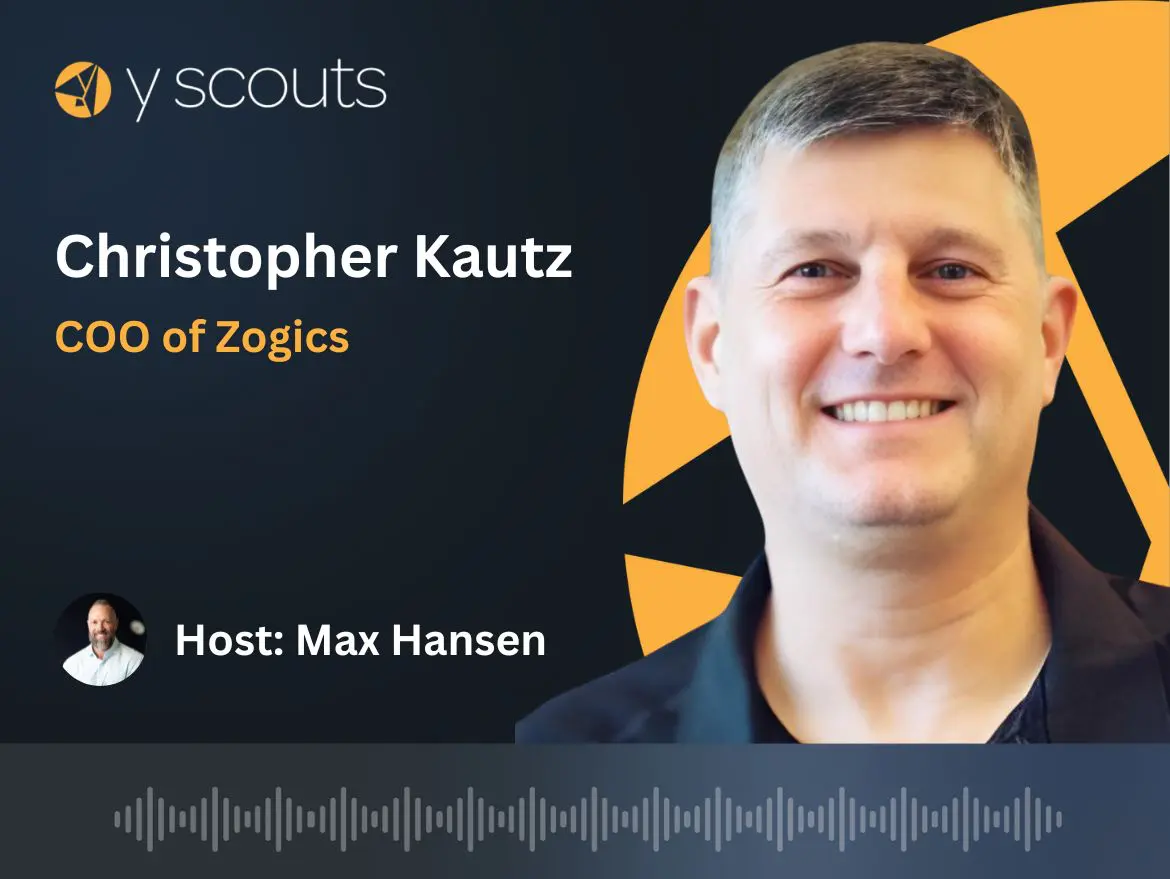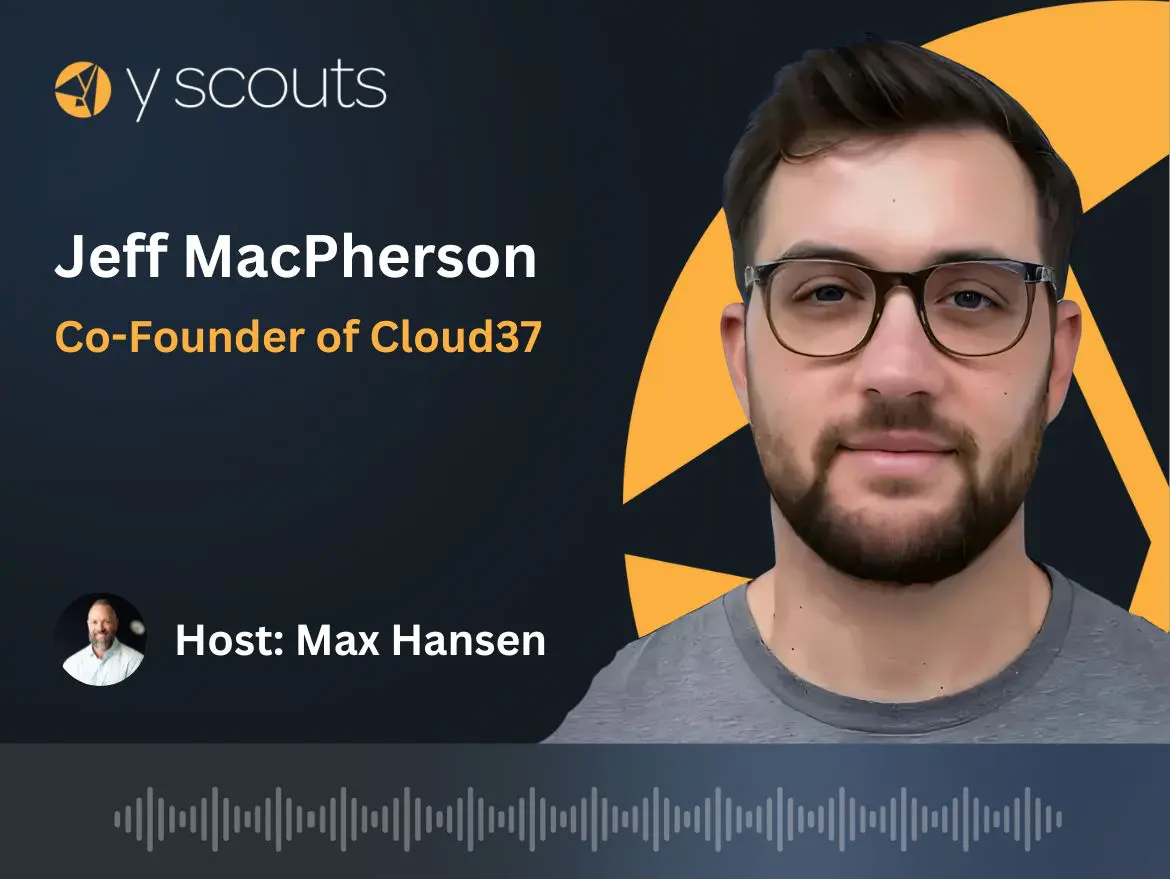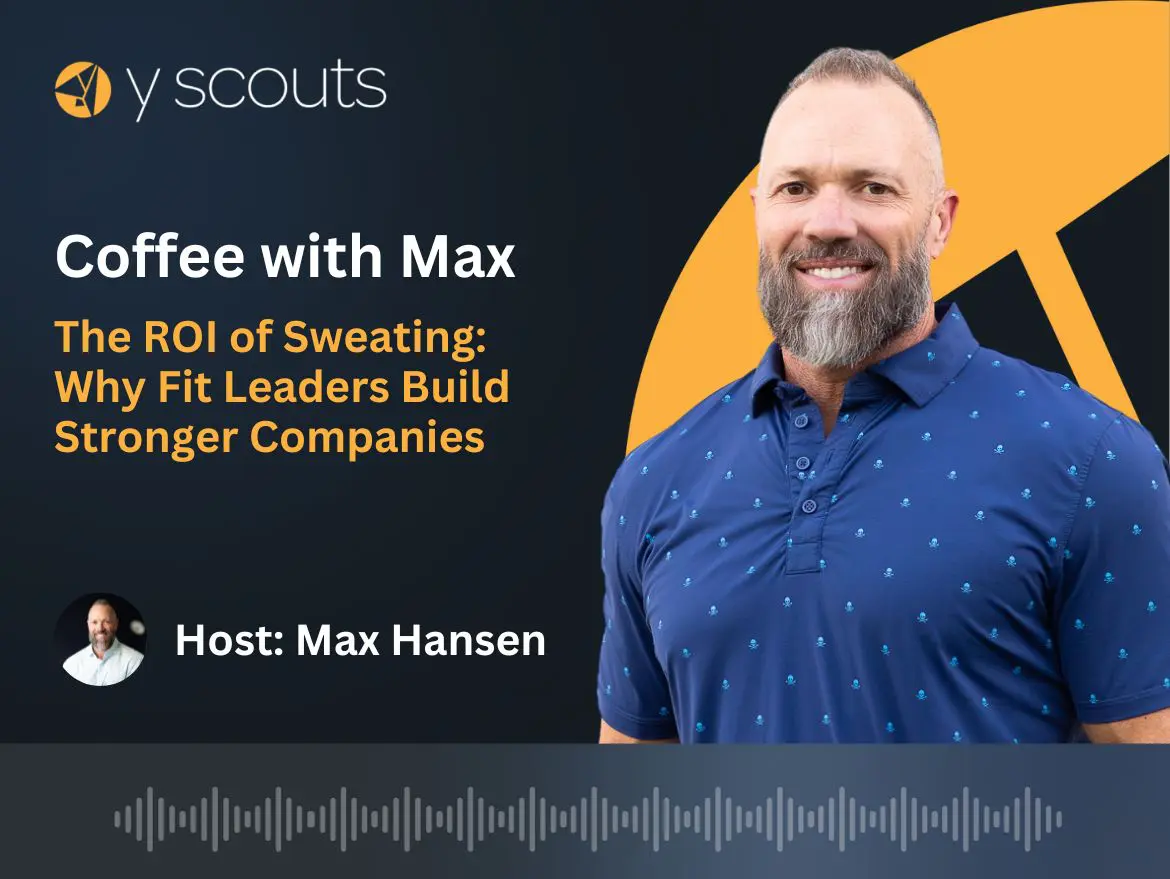
Adam Goodman is the President & CEO of Goodmans Interior Structures. If the name of Adam’s company means very little to you, I’ll simplify: Adam and his team sell office furniture. So, why am I interviewing a leader of an office furniture company for a podcast all about Purpose? Adam’s story is the perfect example of how a 3rd generation commodity-driven company can evolve from a “sell more stuff to more people to make more money” to a company driven by a higher purpose. The Goodmans story and the way Adam articulates it is raw, unfiltered and powerful.
In this interview, we cover everything from Adam Goodman’s dream of changing the community through journalism to the overwhelming feeling of nervousness, and dare I say embarrassment, he felt when sharing the newfound higher purpose in front of his 200 team members. This interview is packed with insightful stories and advice every leader can internalize and apply to his or her business or team. Humor, sarcasm, seriousness, profanity—it’s all here. Even if you’ve heard the Goodmans story before, I promise you’ve never heard it like this. I’m already declaring this interview a repeat favorite.
Listen to this Adam Goodman podcast interview and more episodes from the Built On Purpose Podcast at https://yscouts.com/podcast/.
Table of Contents
ToggleSHOW HIGHLIGHTS:
- 9:30 – Finding purpose in the workplace
- 12:00 – Client/Employee discourse
- 16:58 – Dealing with self-doubt
- 18:47 – Sharing the vision with others
- 24:59 – Honoring what came before
- 27:54 – Reinforcing purpose on a micro-level
- 31:34 – Finding line of sight connection
- 34:15 – The importance of environment
- 39:34 – No two work environments are the same
- 43:28 – How to find the right employee
- 48:00 – Everybody matters
- 55:43 – Long-term perspective from Adam Goodman
SHOW LINKS:
- Goodmans Interior Structures
- Everybody Matters by Bob Chapman and Raj Sisodia
- The Leadership Challenge by Barry Posner and James Kouzes
WHO IS ADAM GOODMAN?
The Goodmans organization is now six plus decades in existence. Give us just a little history of Goodmans, and what you guys are all about.
Goodmans is indeed, as you point out, a 62-year-old, third-generation business. We started by bringing used furniture—my grandfather started by bringing used furniture—surplus military furniture, from the East Coast. They trucked it out west and sold it one at a time, and got the cash to be able to afford another truckload and another truckload. And while there were some low-lying bridges and hundred-year floods in Kentucky that wiped out the inventory periodically, they kept building. My grandfather brought my uncle and father into the business in the ‘60s, and then somewhere in the ’90s, early 2000s (an unknown date, frankly), the business transitioned from my father to me. And I’ve been leading the company ever since.
So you mean to tell me that running the family business was, for you, not the destiny that you had grown up dreaming about?
I spent every summer break, winter break, fall break, everything, working in the warehouse, working on the trucks, doing installation. Thus, I learned a couple of things from that experience. One: I’m not meant to work with my hands. I’m terrible at it. I was very ineffective and not a help to the team. But also, this is not the industry I wanted to be in; this was not very interesting to me at all, and in college I started spending breaks working with our salespeople and shadowing them and getting exposed to it.
I can tell you the exact moment that I realized, “Well, I don’t want to do this.” I was sitting in an Arizona State Department of Purchasing Office, shadowing one of our salespeople. They were having this horribly boring conversation about contracts and I wasn’t even paying attention. That’s when I realized, “I don’t want to do this at all.” So that was the turning point for me.
I know you had a bit of an epiphany, and I don’t know if that’s the right word—but there was clearly a turning point, and you asked both the clients (customers of Goodmans) as well as your teammates (those dedicating their lives to help Goodmans grow their business)—you asked each of those two groups a very important question. What was that question?
I asked the customers: Why do you do business with Goodmans? Then, I asked our employees: Why do you work at Goodmans? Then, I made a really conscious effort not to synthesize what they were saying, not to analyze it, simply just to record it—no filters at all. They would talk, and I would write. And I had a little yellow legal pads, and I would fill them up with what everybody was saying to me.
I wasn’t really sure what I was going to do with all of this. I just carried them around in my briefcase as I traveled around. They were always there. And on the flight back from Orlando, Florida to Phoenix, I read every single one of those comments and kind of just let it wash all over me. It was a very clarifying moment for me, as I finally got the chance to go back and go over what everybody said. Thus, it became crystal clear to me what the purpose of Goodmans is. There was a much higher purpose involved and we helped to change organizations, to change people’s lives, the way they work, to change the way they help others. We were changing the community.
What happened between stage, presentation delivery and today to really inculcate or bake this into who Goodmans is?
I realize I had to keep reinforcing this on a micro-level, because it couldn’t be on the mass scale anymore. Although introduced on the mass scale, now it was a ground game; it was a hand-to-hand combat kind of thing. And this meant a lot of one-on-one conversations. The one-on-one conversations were about helping everybody in the company, whatever their job is, to understand their direct connection to the company’s vision. How the work you do every single day has an impact on the company—the community, rather.
So that involved a lot of individual conversations, a lot of bringing people together in small groups to challenge them and say, OK, you heard the vision of the company, you understand our goal. Now I want you, as employees, to think about the assets, the resources, and the talent our company has at its disposal. How can you take that and leverage it against needs in the community to make a difference? As people engaged in that and connected to that, then it became magical.






